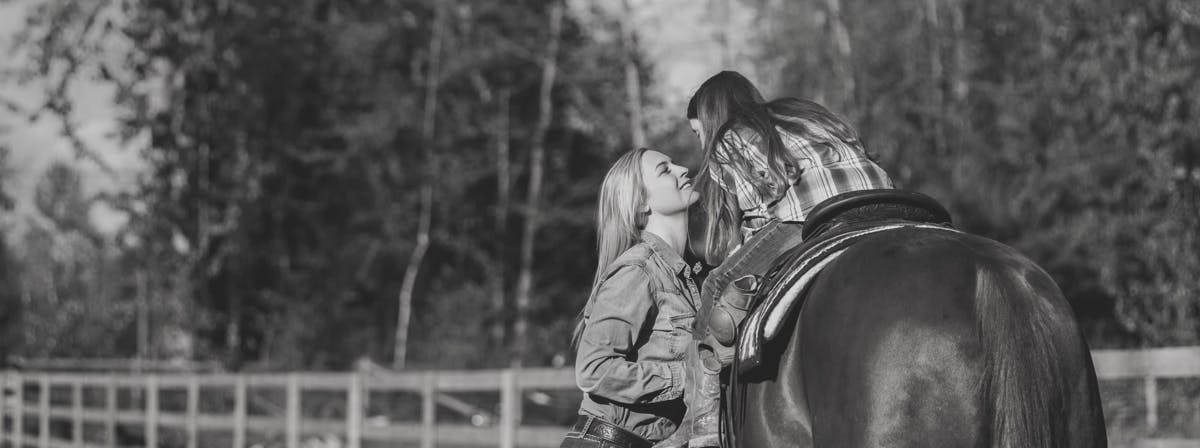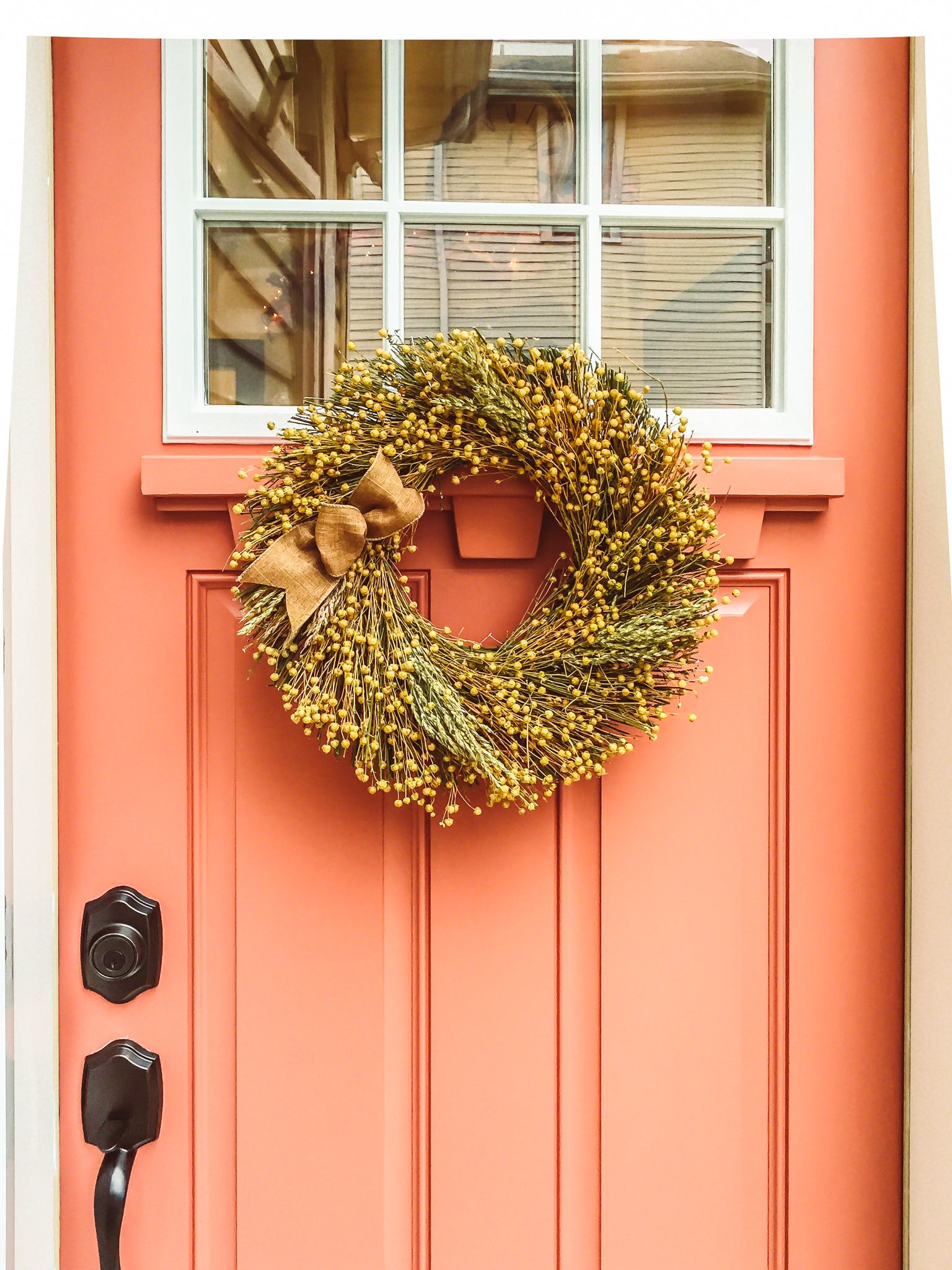Are you in the market for a new home and worried about the condition of the house? A home inspector is a great way to make sure that there are no major issues with the home before you make such a large investment.
Home inspections are not made to be extremely invasive, but offer more of an overall look at the major components of a home. The inspection locations are typically the roof, attic, foundation, plumbing, HVAC, interior, and exterior of the home. The inspector will make sure that the home is completely safe so that you and your family can live a happy, healthy life in the home.
Your First Home Inspection: What You Need To Know
First, the most important factor for the average person is how much do home inspections usually cost? This can range based off of your area, but you should expect to pay somewhere in the mid-$300 range. This is the average cost for an inspection in most areas. Setting aside some extra cash is not a bad idea when considering getting an inspection.
What exactly is the Inspector looking for?
The American Society of Home Inspectors lists the following as areas that are looked at during a home inspection: heating system, central air conditioning system (temperature permitting),interior plumbing and electrical systems, roof, attic, visible insulation, walls, ceilings, floors, windows and doors, foundation, basement, and structural components. These areas will be assessed for any issues. Issues like mold, termites, asbestos, and lead paint will be things that can be discovered during an inspection, which would most likely lead the homeowner to fix before selling. The heating and cooling system will be checked to make sure it is working properly and inspections are up to date. The electrical will be checked in order to make sure it is up to code, and not done improperly. The insulation will be inspected to make sure that it is existent and in the correct location, not falling down. Finally, the foundation will be checked for settlement issues, or foundational cracks, that could lead to large bills down the road.
Do you need an inspection on a new home?
It is always a good idea to get an inspection, no matter the age of the home. Even with new homes, there could have been corners that were cut during the building process. These corners could lead to issues for the new owner down the road. Oftentimes, builders are trying to make homes for the lowest price possible, which can result in improper wiring and installation.
Who do I get to do the inspection?
Not all places require inspectors to be licensed. This is why it is always a good idea to also make sure that your inspector is licensed, and went through an accredited program for what they are doing. This will ensure that nothing is missed and that they are well aware of everything that needs to be looked at. Do your research and make sure that who you are hiring is licensed and good at what they do.
Now that you know all that there is to know about home inspections, you are ready to hire someone! If you have the time, you can always ask to attend the inspection and you might find out a lot about the property. This can make you well aware of any issues in real time, and see exactly what you could be dealing with. You can even make your own checklist of things to look for. Making your own checklist can help you, while walking the property, get a good idea of what things you might find wrong. For instance, checking to see if tiles are missing, or really looking at the conditions of the floors. You can also turn on all of the sinks and check for water pressure issues. Do not be afraid to get down and look below the sinks, try and find if there is anything that might be hiding from plain view. You also can look for flooding, or water issues, by simply shining a light into the crawlspace and looking for standing water. A home inspector will do a lot and catch a lot of these issues as well, but there are things that non-home inspectors can also do that can give you a good idea of the property. After all, it is you investing in this, not them. It is our job as homeowners to make smart decisions about the properties that we purchase as it is where we will spend the most time, and make the best memories.
Below are some common components that a home inspector may miss, so it’s a good idea to go ahead and check for yourself as well:
- Trees and landscaping
- Lawn sprinklers
- Sewer line
- Swimming pool equipment
- Fireplace and chimney
- Drainage
- Odors
- Internet service
- Floors covered by carpeting
- Roof or outdoor hardscape covered by snow
- Mice, rats, or other rodents
- Wood-destroying pests, such as termites or carpenter ants
Things like landscaping can get expensive fast. Making sure the components in your yard are up to your standard is extremely important, especially if you do not have a green thumb yourself. Strange odors may also linger, which may not always have a harmful cause, yet it may not be something that you want to live with. Checking underneath the current homeowners rugs is also always a good idea. This may be missed by your inspector, and a lot can be covered by an area rug. These are just a few of the things that should be something that you look for yourself when considering an inspection.
Now you are ready! Enjoy your new home and make smart choices with the property that you choose. While many experts are available to help you with this, always include a bit of your own personal research and checklists to really make sure the job is done right.
It will be well worth it!
Thinking of buying or selling real estate in the Fraser Valley? Let’s talk!



